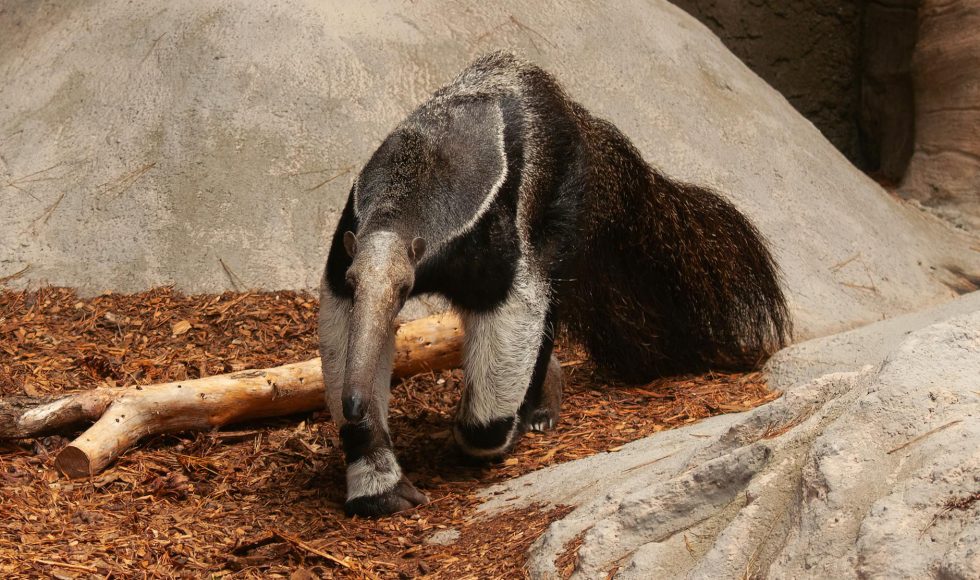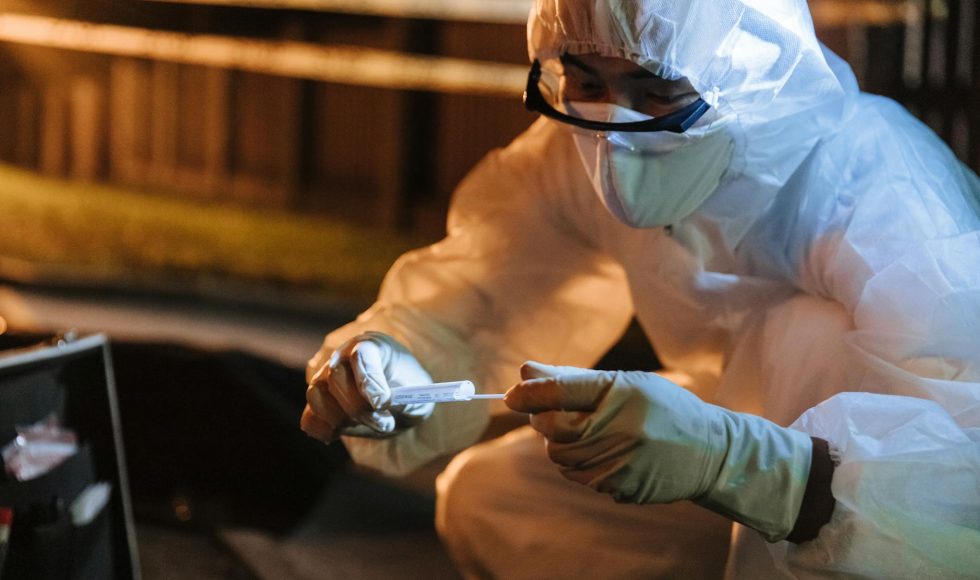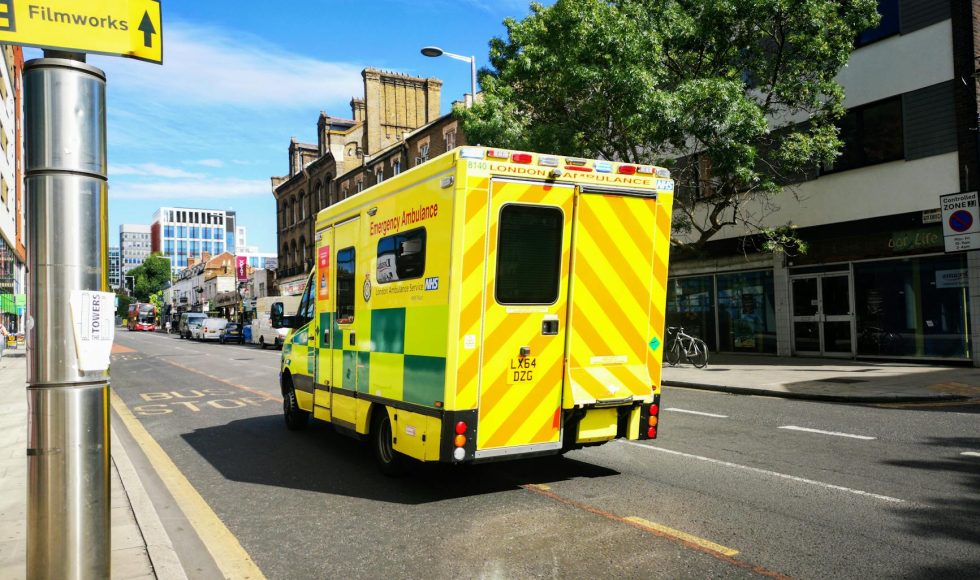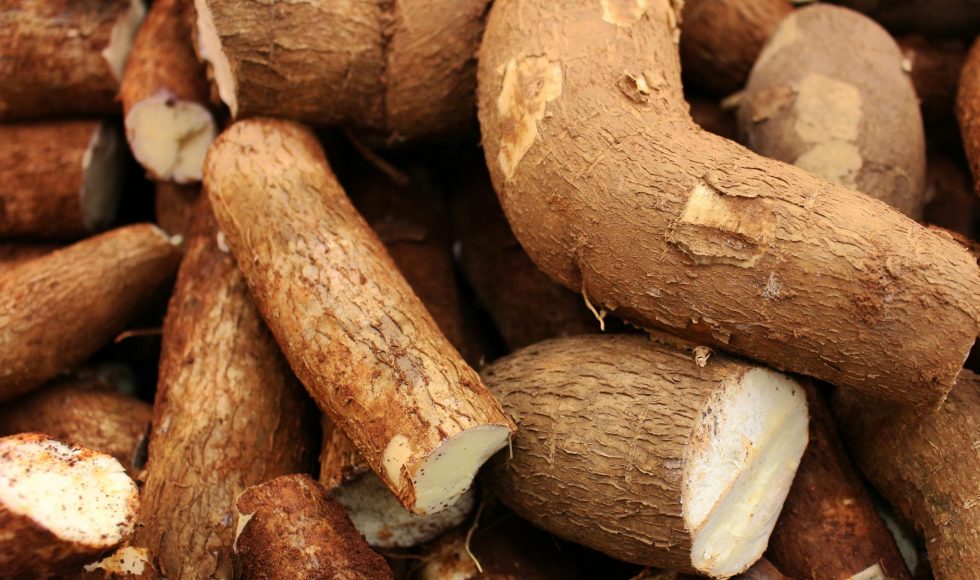Magali Hennion from the Institute of Biology of the Ecole Normale Superieure in France presented at London Calling 2019 on “Mapping DNA replication using nanopore sequencing.” DNA replication in eukaryotes starts from multiple origins, and the fork progresses with variable speeds. Hennion explained that replication is important in understanding tumorigenesis. Single-molecule approaches are needed to […]
“Genomics from roadkill: high quality mammalian genomes using hybrid assembly with MinION long reads” was the title of Frederic Delsuc’s London Calling 2019 session. Delsuc is from the French National Centre for Scientific Research in France. Their lab specializes in mammalian phylogenomics. The project is called The ConvergAnt Project, which is “an integrative approach to […]
Yusmiati Liau from the University of Otago in New Zealand spoke at London Calling 2019 about “Nanopore sequencing of the CYP2D6 pharmacogene.” Liau explained that pharmacogenetics is used to learn about genes that affect responses to drugs. There is a standard nomenclature for pharmacogenetics. The PHarmVar database was used as an example. The CY2PD6 gene […]
Rebecca Richards from the University of Auckland in New Zealand presented at London Calling 2019 on “Biological evidence of the future: the use of sequencing in forensic science.” They spoke about forensic DNA profiling by analyzing STRs and capillary gel electrophoresis. This analysis looks at the length of the repeats. However, there are limitations: no […]
Nadie Holmes from the University of Nottingham in the UK presented at London Calling 2019 on “Extracting megabase DNA.” They work with DeepSeq providing training and core sequencing support. Holmes worked on collaborative projects to optimize ultra-long sequencing. They shared data from a 1.3 megabase read. They use the protocol developed by Josh Quick to […]
Maximilian Schmidt from RWTH Aachen University in Germany presented at London Calling 2019 on “PLant de novo genome sequencing and assembly using Oxford Nanopore technology.” Schmidt spoke about extraction, sequencing, and bioinformatics as the three main phases of plant genome sequencing. They sequenced Solanum pennellii tomato. They incubated the plant in the dark for two […]
David Greig from Public Health England presented a session in London Calling 2019 with the title “Comparison of single nucleotide variants identified by Illumina and Oxford Nanopore technologies in the context of a potential outbreak of Shiga toxin producing.” They explained how they work on pathogen surveillance and focus on STEC: Shiga toxin-producing Escherichia coli. […]
Yukata Suzuki from The University of Tokyo in Japan presented at London Calling 2019 on “Identification of a new class of local copy number aberrations in lung cancer genomes using PromethION.” I thought this was timely since today, in class, we started sequencing redbud samples using a PromethION flow cell. Suzuki spoke about starting PromethION […]
Charles C. Kayuki from the Tanzania Agricultural Research Institute in Mikocheni, Tanzania, presented at London Calling 2019 on “Portable DNA sequencing in remote East African farms.” They are using genomics to fight plant pathogens, focusing on cassava. Kayuki explained that it is an easy crop to grow and drought-resistant. It is susceptible to two important […]
Daniel P. Depledge from New York University presented at London Calling 2019 on “Redefining the transcriptional complexity of viral pathogens using direct RNA sequencing.” Depledge started with a slide and the question: Got herpes? They are fascinated with herpes viruses and their multiple features and applications. Herpes simplex virus type 1 (HSV-1) is a 152 […]











